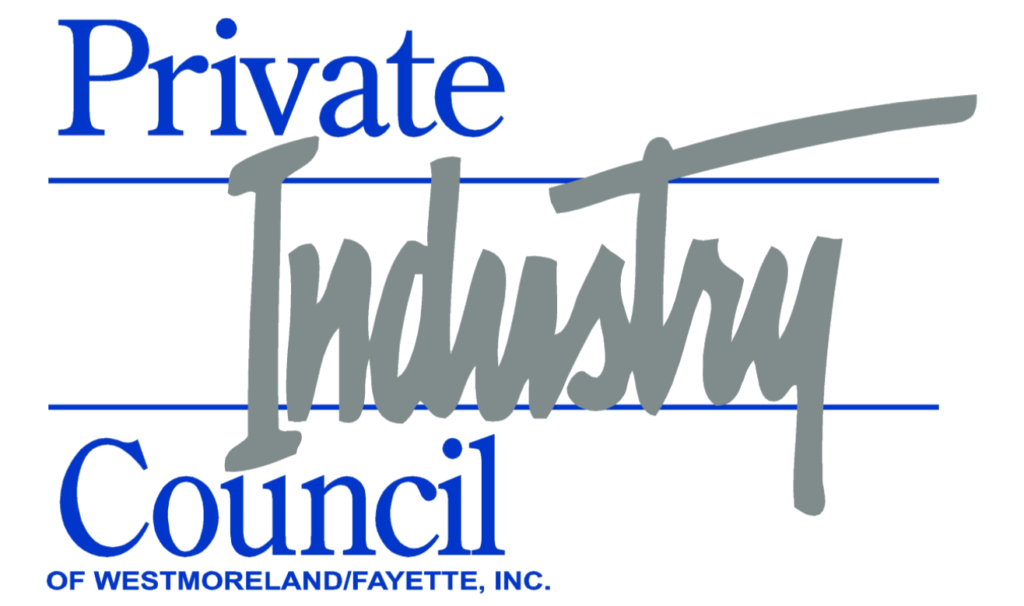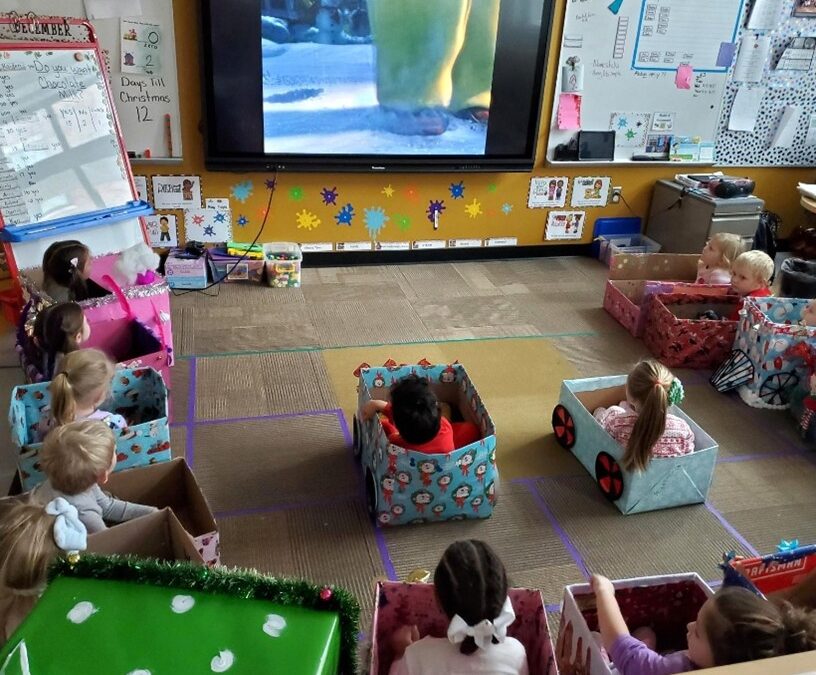Is Your Child Ready for Kindergarten?
Written by Shelly Gilmore, CDE Home-Based Supervisor/Transition Coordinator
Head Start/Early Head Start of Fayette County
Parents hear a lot about school readiness, but what does it really mean and how do you know if your child is really ready?
Being “ready” for Kindergarten means, quite simply, that your child is able to learn what will be taught in the kindergarten that he/she will attend, and can function comfortably with teachers and other children in that setting. When parents think about kindergarten readiness, they sometimes focus too much on academics, but the skills that define readiness are much broader than knowing letters, numbers, and how to count. To be ready for kindergarten, a child needs to have a positive attitude toward starting school, some understanding of why he is there, and be receptive to learning new things and making new friends.
Here is a checklist that can guide you in preparing your child for school. It’s best to look at the items included as goals. They should be done, as much as possible, through everyday life or by fun activities you’ve planned with your child. If your child lags behind in some areas, don’t worry. Remember that all children are unique. They grow and develop at different rates.
- My child has opportunities to be with other children and is learning to cooperate with them
- My child is learning to use self -control
- My child can follow simple instructions
- My child is read to everyday
- My child is learning to write his/her name
- My child is learning to count and play counting games
- My child is learning to identify shapes and colors.
- My child is able to recognize some letters, especially those in his/her name.
- My child is on a regular sleeping schedule and gets plenty of rest
- My child is able to separate from me for periods of time without undue stress.
- My child works puzzles, scribbles, colors, paints, and does other activities that help develop small muscles
- My child is able to potty independently and fasten hooks, snaps and zippers
- My child receives regular medical and dental care and has had all the necessary immunizations
- My child runs, jumps, plays outdoors, and does other activities that help develop large muscles and regular exercise
- My child has learned to use his words to express his frustrations and not use aggression





 724-836-2600
724-836-2600




